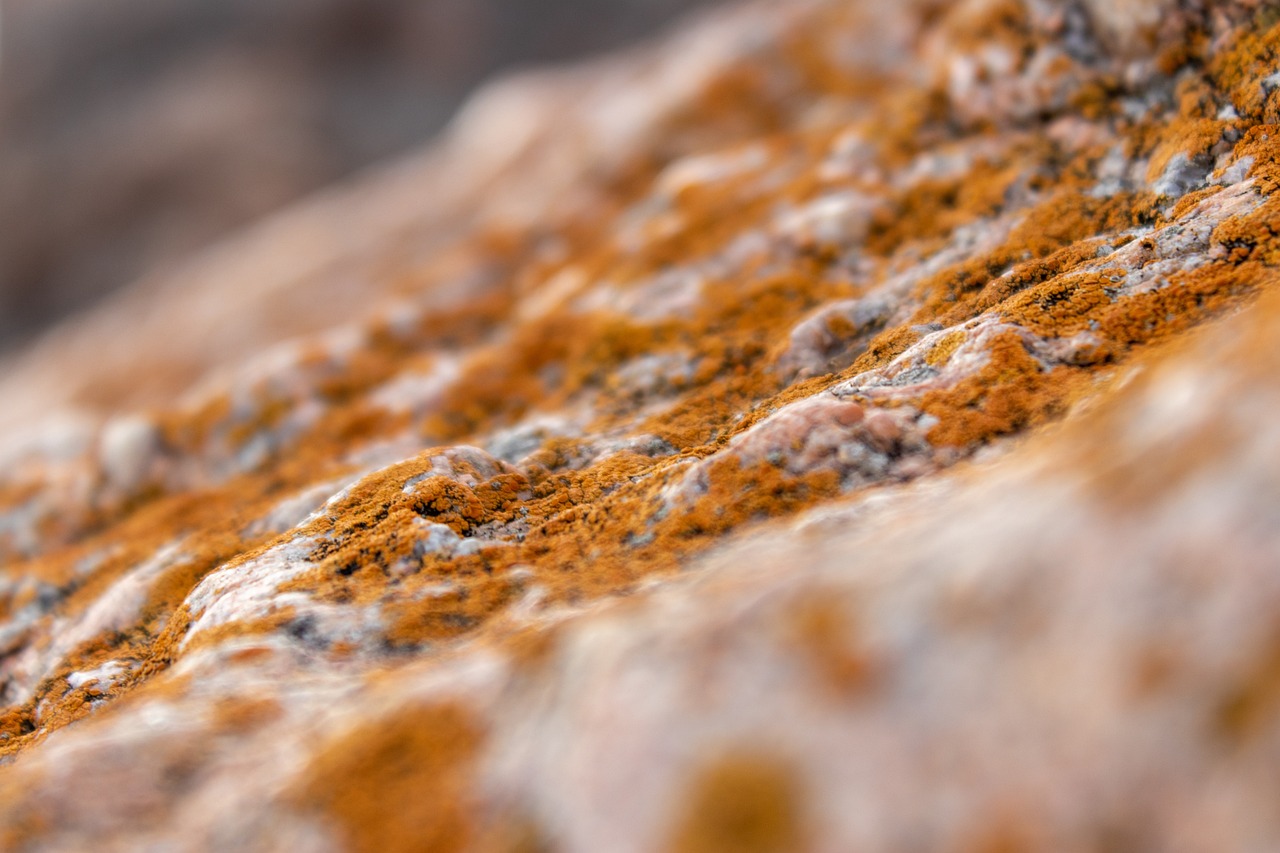The Hidden Dangers: Mold’s Effects on Respiratory Health
Are you feeling under the weather more often than usual? It might not just be a case of the common cold. Mold could be lurking in your home, silently affecting your respiratory health. If you have confirmed molds in your home, contacting professionals who can get rid of them is essential. Bio Hazard Cleanup by Bio Recovery can help safely remove mold from your home and prevent it from causing further harm to your respiratory health. In this blog post, we’ll uncover the dangers of mold and how it can impact your well-being. So now, grab a cup of tea, get cozy, and let’s dive into the world of mold’s effects on respiratory health.
Allergic Reactions
Do you find yourself sneezing uncontrollably or experiencing itchy eyes when you’re at home? These could be signs of allergic reactions to mold spores in the air. Mold allergies can trigger symptoms similar to hay fever, such as a runny nose, coughing, and skin rashes. When exposed to mold, your immune system may overreact, leading to these uncomfortable allergic responses. Even if you don’t have a known allergy to mold, prolonged exposure can sensitize your body over time. It’s essential to promptly address any signs of allergic reactions by identifying and eliminating the source of mold in your living space. By taking proactive steps to reduce mold growth and improve indoor air quality can help alleviate these troublesome symptoms and breathe easier.

Asthma
When someone with asthma inhales mold spores, they are known to trigger an immune response that leads to inflammation and constriction of the airways. This can result in symptoms such as wheezing, coughing, and chest tightness. For some individuals with asthma, mold exposure can exacerbate their symptoms and lead to severe asthma attacks. Managing asthma involves not only controlling symptoms but also avoiding triggers like mold. By keeping indoor environments clean and dry, you can reduce the risk of mold growth and help prevent asthma flare-ups. If you suspect mold in your home or workplace, take action promptly to protect your respiratory health.
Respiratory Infections
Mold exposure is known to also increase the risk of respiratory infections. When mold spores are inhaled, they can also irritate the respiratory tract and weaken the immune system, making individuals more susceptible to infections. Respiratory infections caused by mold exposure can range from mild symptoms like coughing and wheezing to more severe conditions like bronchitis or pneumonia. Individuals with pre-existing respiratory conditions or compromised immune systems are at an even higher risk of developing infections due to mold exposure. It’s crucial to promptly address any signs of respiratory infection, especially if you suspect mold may be the underlying cause. Seeking medical attention and addressing any mold issues in your environment is essential for maintaining good respiratory health.
Chronic Health Effects
When mold exposure becomes chronic, the health effects can be long-lasting and severe. Prolonged exposure to mold spores can lead to persistent respiratory issues such as coughing, wheezing, and shortness of breath. These symptoms may worsen over time if not addressed. In some cases, chronic mold exposure has been linked to more serious conditions like bronchitis and pneumonia. Those with compromised immune systems or pre-existing respiratory conditions are particularly vulnerable. The toxins released by certain types of mold can also have systemic effects on the body beyond just the respiratory system.
It is crucial to address any signs of mold growth in our homes promptly and effectively to protect ourselves and our loved ones from these hidden dangers. By keeping our living spaces clean, dry, and well-ventilated, we can prevent mold from thriving and safeguard our respiratory health. Stay informed about the risks associated with mold exposure and take proactive steps to create a healthy environment for you and your family. Your lungs will thank you for it.

